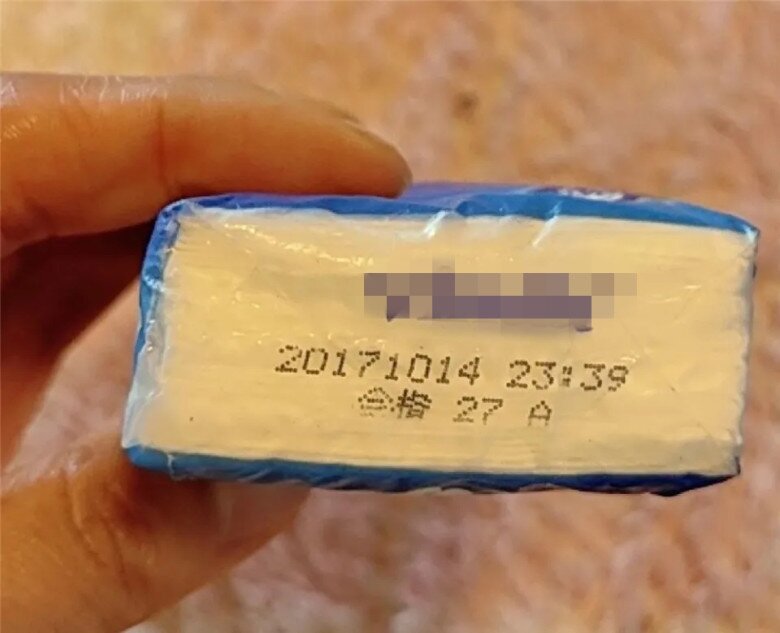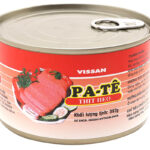1. Toilet Paper Has an Expiration Date

Whether it’s roll or bag tissue paper, they all have an expiration date, usually between two to three years. Tissue paper past this date can still be used but the amount of bacteria will increase exponentially.
It’s recommended to use up the tissue paper within a month of opening the bag. If exposed to air for too long, they can easily become a breeding ground for bacteria. For large bags of tissue paper, store them in a cool, dry, and clean place, and reseal the bag after taking out a roll.
2. Tissue Paper Made from Virgin Pulp is Better Than Pure Pulp and Recycled Pulp
When buying toilet paper or tissue paper, you’ll often see information about the product’s composition printed on the packaging. Typically, tissue paper made from virgin pulp is better than pure pulp and recycled pulp.
Virgin pulp tissue paper is made from 100% natural materials such as wood, cotton, and hemp, and it goes through a single processing procedure with minimal chemical treatment. According to national sanitary standards, this type of tissue paper is suitable for wiping the face and mouth as it contains an allowable level of bacteria.
Pure pulp is a blend of natural and other materials. This type of paper usually goes through at least two processing procedures, and the bacterial count per gram is higher than that of virgin pulp.
Recycled pulp is made from used paper products, which are then bleached and deodorized. If there’s still a residual used smell, a fragrance is added to make it seem new. Due to the extensive processing, high chemical content, and high bacterial count, this type of paper is only suitable for cleaning and wiping.
So, when buying tissue paper, pay attention to the composition and use it appropriately to ensure your health.
3. Whiter Doesn’t Mean Better When it Comes to Toilet Paper

Many people believe that the whiter the toilet paper, the cleaner and more durable it is. However, this is not true. Tissue paper made from virgin and pure pulp tends to be darker and leans towards a milky color.
On the other hand, paper made from recycled pulp will be whiter due to the bleaching process. Therefore, whiter toilet paper doesn’t necessarily mean it’s better or cleaner.
4. Use Roll Tissue for Wiping Your Mouth as Little as Possible
Many households buy large bags of roll tissue paper to use both for wiping after using the toilet and for wiping their mouths. However, it’s recommended not to use toilet paper for wiping your mouth.
Although the packaging of both roll tissue and facial tissue may state that they are made from virgin wood pulp, the sterilization standards for these two types of paper are different.
Generally, the total bacterial count on toilet paper is more than double that of facial tissue. So, it’s best to use facial tissue instead of toilet paper for wiping your mouth.
5. Be Cautious When Using Scented Tissue Paper
Have you noticed that scented tissue paper has become less common in recent years? This is because it poses several issues.
Scented tissue paper may seem cleaner and more fragrant, but it’s made with added fragrances. Prolonged use can lead to health problems. Moreover, the strong scent can cause nasal irritation, headaches, and discomfort.
Why Does Packaged Salt Have an Expiry Date?
Salt is a staple mineral, and when kept dry, it remains impervious to degradation over time. So, why do packaged salt products still bear an expiration date? This is a curious conundrum that warrants some elucidation. The answer lies in the journey salt undertakes from its pristine mineral form to the refined, packaged product on our shelves.






































